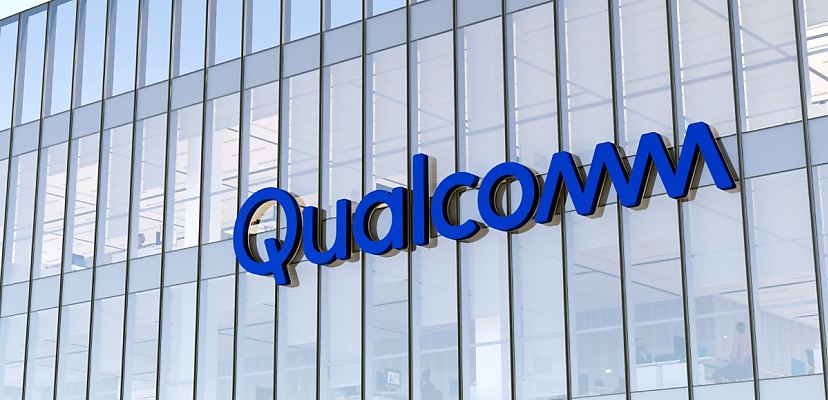Share this article on:
Powered by MOMENTUMMEDIA
Breaking news and updates daily.
Leading mobile chip manufacturer Qualcomm has announced that its new flagship chipsets will adopt AI technology.

The company’s next generation of chips for both Windows 11 PCs and mobile devices have been designed with generative artificial intelligence (AI) in mind.
The new chipsets – the Snapdragon 8 Gen 3 for mobile and the Snapdragon X Elite for Windows, were both announced at the company’s 2023 Snapdragon Summit, where company chief executive Cristiano Amon acknowledged the importance of AI for day-to-day use.
“We are entering the era of AI, and on-device generative AI will play a critical role in delivering powerful, fast, personal, efficient, secure and highly optimised experiences,” he said.
The Snapdragon 8 Gen 3 marks a new revolution in mobile AI capabilities, with in-built AI image generation using the Stable Diffusion deep learning text-to-image model, allowing the generation of images in under a second.
Snapdragon X Elite will also have on-device chat assistants for Windows 11, which can generate responses at 30 tokens per second.
In addition, the company has bolstered the capabilities of its Snapdragon Sound with generative AI, improving its ability to provide head-tracking spatial audio. Snapdragon Seamless will also allow devices from different manufacturers running different operating systems to seamlessly pair for data and peripheral sharing.
“Our years of AI development, including the most powerful combination of CPU, NPU and GPU available in devices, and our support of all leading models running natively, means we can bring the benefits of generative AI to users worldwide and across multiple device categories,” added Amon.
“The partner support we have at Snapdragon Summit is a testament to our standing in the industry as an on-device AI leader.”
Qualcomm is a leading developer in mobile processors, with its chipsets powering flagship Android devices from Samsung, Motorola, Oppo and more.
The introduction of AI technology to mobile devices is likely to change the way in which individuals interact with their smartphones.
On top of apps and other processes running faster and with greater battery efficiency, AI will allow developers to tailor their apps in a way that creates more personalised experiences for the user.
That being said, having AI technology powering our most used devices will also bring the technology even more into mainstream use, possibly speeding up its worldwide adoption before proper regulations are put in place regarding how it is developed safely.
AI has raised a number of concerns, including that it could be used as an aid to cyber criminals for code or phishing email writing, that it could assist the development of biochemical weapons, and that it could one day result in human extinction.

Be the first to hear the latest developments in the cyber industry.